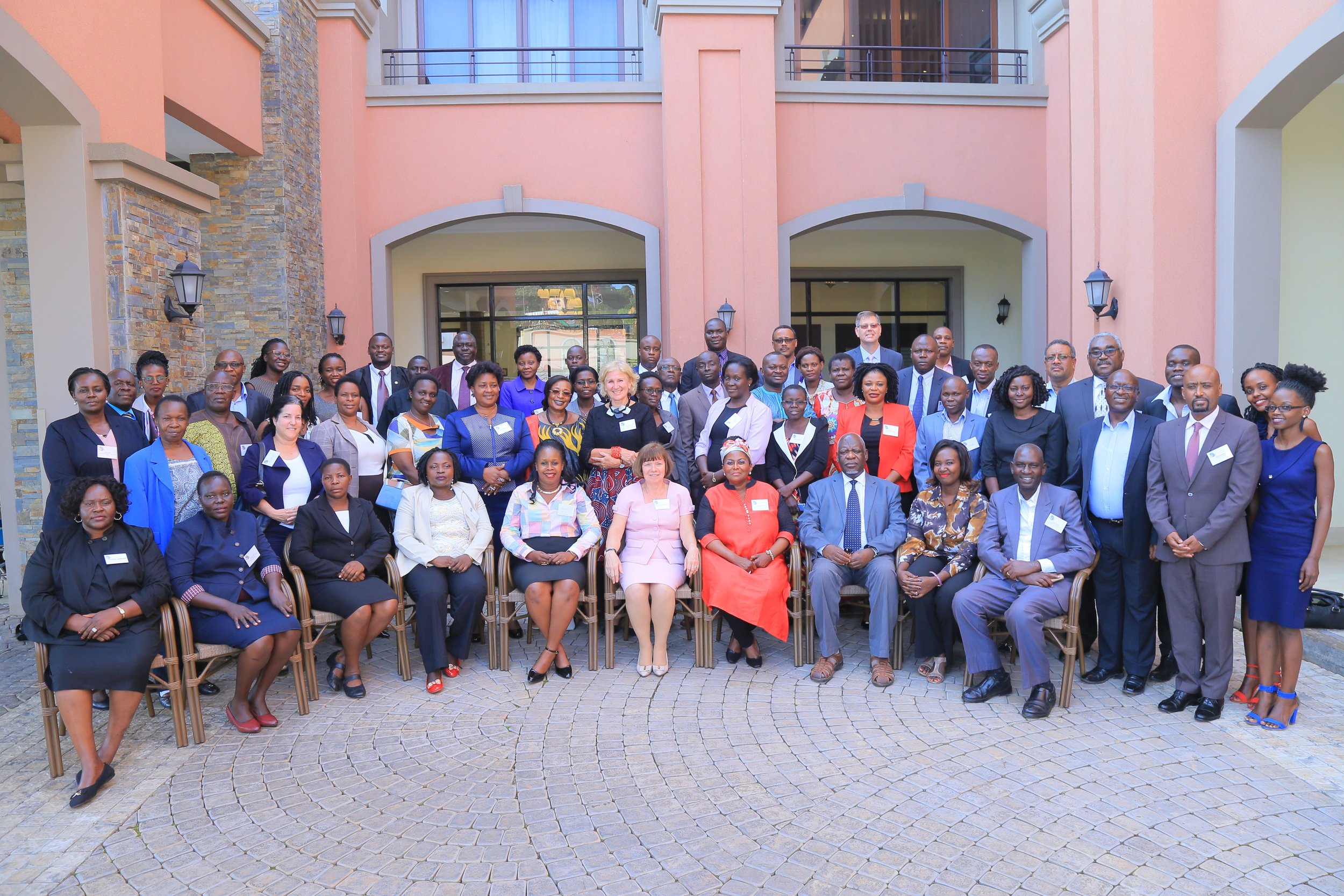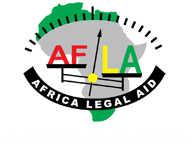
About Us
AFLA’s First Conference: The Legal Profession and the Protection of Human Rights in Africa, 1997
AFLA incorporates gender perspectives in all its activities, not least because women hold leadership positions within the organisation. AFLA’s director, Evelyn A. Ankumah, was inducted into the International Gender Champion (IGC) network in 2020, showcasing her long and committed effort to bring down gender barriers. Other IGCs include UN Secretary-General Antonio Guterres, the directors of other major UN bodies and intergovernmental organisations and various diplomats. IGCs meet bi-annually to discuss policy and best practices of gender equality initiatives.
Women who participated in AFLA’s first conference: The Legal Profession and the Protection of Human Rights in Africa, 1997
During the launch of AFLA, Maastricht, 1995
AFLA is renowned for its convening power and has convened historic and landmark meetings (See for example here – AFLA’s Seminar coinciding with Habré judgement, and here – E-reporter with images of AFLA’s conference with AU Commission, and for a plethora of other relevant topics see our e-reporters).
Mbacke Fall, Chief Prosecutor in the Habré trial, and Legal Advisor Chloé Gaden-Gistucci participate in the AFLA seminar held immediately after the Habré judgement.
Other examples of AFLA’s work and impact are the initiating and facilitating of the drafting of the Cairo-Arusha Principles on Universal Jurisdiction in Respect of Gross Human Rights Offences: An African Perspective (The Cairo Draft was cited by Judge ad hoc Van Den Wyngaert in DRC v. Belgium before the International Court of Justice); its publications considered to be an important and critical source of information for human rights and legal developments in Africa including:
Judge Navi Pillay, then President of the ICTR and Dr Ahmad Fathi Sorour, then Speaker of the People’s Assembly of Egypt. At AFLA’s Expert’s Meeting that prepared the Cairo Draft of the Cairo-Arusha Principles on Universal Jurisdiction in Respect of Gross Human Rights Offences: An African Perspective, Cairo, 2001.
Bringing victims of atrocities to international fora to give first-hand account to diplomats and lawmakers is another example of AFLA’s impact (see for example here). A recent illustration of the latter occurred in 2019 at the 18th session of the Assembly of States Parties to the International Criminal Court (ASP) during which Toufah Jallow, a victim and survivor of former Gambian dictator Yahya Jammeh, speaking through AFLA’s platform, addressed the ASP plenary about her encounter with Jammeh.
Toufah Jallow, the first woman in The Gambia to make a public accusation of rape against Yahya Jammeh, addresses the Assembly of State Parties plenary on AFLA’s platform.
An additional example of AFLA’s impact is its widely acknowledged work on ‘Emerging Trends on Complementarity in Africa: Consultations with Stakeholders’. For example, Judge Richard Goldstone, the first Chief Prosecutor of the International Criminal Tribunal for the Former Yugoslavia and for Rwanda, a key international justice figure found the report of the project’s activities to be important to contemporary debate and read it with ‘much admiration for AFLA’s work’. The report is available in English and French.
Furthermore, ICC victims and defence counsels have credited AFLA for having provided a voice, and platform for victims and defence counsels. This, it is acknowledged, was the driving force behind the creation of the International Criminal Court Bar Association (ICCBA) in 2016, and its institutional recognition by the Assembly of States Parties (ASP) to the ICC in 2019.






